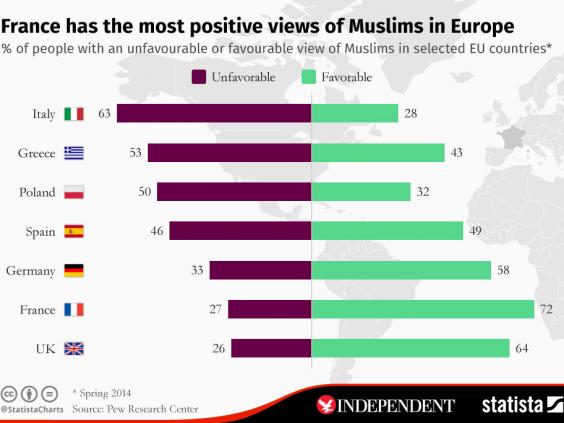" EU leaders set up a Brexit task force chaired by Didier Seeuws, a Belgian diplomat, to prepare the legal framework for Britain’s EU exit. One of the scenarios his team are working on is a “brutal Brexit” — an non-amicable separation under WTO rules." (See article from London Sunday Times here and check out the table blow to see what WTO rules imply.)
Many still are holding out hope for a compromise deal, which would avoid Hard Exit. As Gideon Rachman FT put it:
The central compromise has to be around the question of free movement of people. Both sides should move away from their
absolutist positions. The British must accept that they cannot “take back control” of immigration fully — and get the access to the single market that is crucial to the UK economy. The EU side should accept that the principle of free movement of people can be intelligently modified — giving the UK some assurance that there can be an upper limit to immigration, while still retaining open labour markets.
The way to achieve this goal is to establish the principle of an “emergency brake” on immigration. In normal times, free movement of people would operate as it does currently. But if there were large surges of immigration into the UK above a preset limit — or any EU member state — the country involved would be allowed to limit numbers. Such a deal offers advantages to Europe, as well as the UK. It would prevent a damaging trade war. It would also mean that, in normal times, EU citizens would continue to enjoy the opportunity to work in the UK.
I'm on record that some form of Hard Exit is the most likely--both because it makes sense for the EU (to discourage others) and for Theresa May personally (to protect herself from the right-wingers like the odious Gove).
Hard Exit makes little sense, however, for Britain economically.
From a normative point of view, I think the EU should inflict "Brutal Brexit" to discourage an anti-EU populist contagion (see my article in the preceding blog post).
Theresa May's position on Brexit remains very uncertain, not least because she has said a number of contradictory things. Her speech to the Conservative Party conference was very nationalistic and suggested "Hard Brexit" was inevitable. Clearly, there are those in the cabinet--Philip Hammond especially (see here too)--who fear that HB will prove very bad for the economy. To complicate matters further, there is strong opposition to HB from the Welsh Scottish and Northern Irish First Ministers.
Any form of "Hard Brexit" will also prove very bad news for Ireland; and the news only got worse for the Irish today when the Sunday Times reported that the British would retaliate against the EU by slashing its corporation tax rates--thereby hitting at one of Ireland's core national economic policies.
For an interesting article on he current situation from an Irish perspective, see this article by Fintan O'Toole from
The Irish Times
BREXIT Impact on British Economy
Currency--GBPUSD

At the moment, the British economy is doing well out of the fall in sterling (1.50 ish --> 1.20 ish agsinst the USD; and 130ish to 110ish against the Euro) ).
There remain, however, fears about the impact this fall will have on inflation in the upcoming years. (See this article from AEP.) Apple has already jacked up the price of Mac computers in Britain. Furthermore, Britain faces a large current account deficit. (For more on how the current account or balance of payments is calculated, see here.)

Some new pieces worth reading:
Simon Head, The Death of British Business
NYRB
Ewan Gibbs and Rory Scunthorpe, "Mayism and the Economics of Nationalism,"
The Sceptical Scot

There is lots of speculation about banks leaving. Where will they go?
See here From which the following table is taken):



